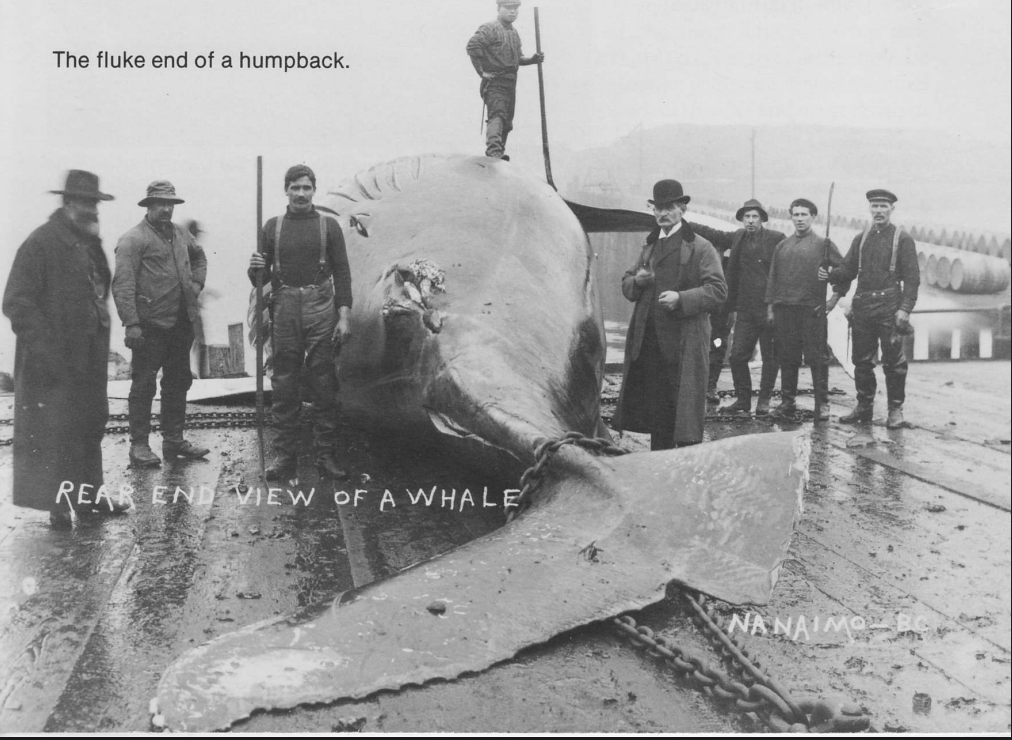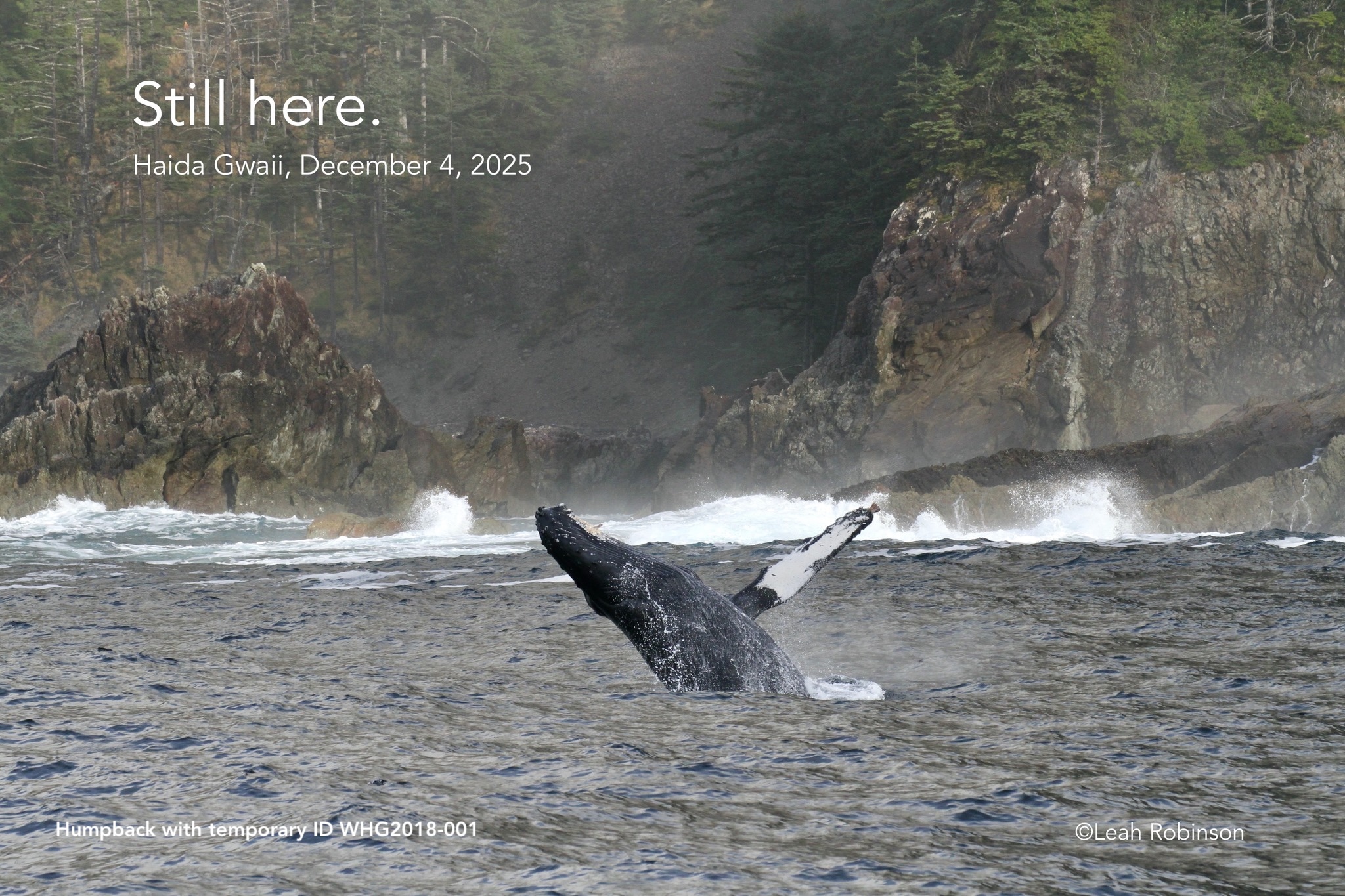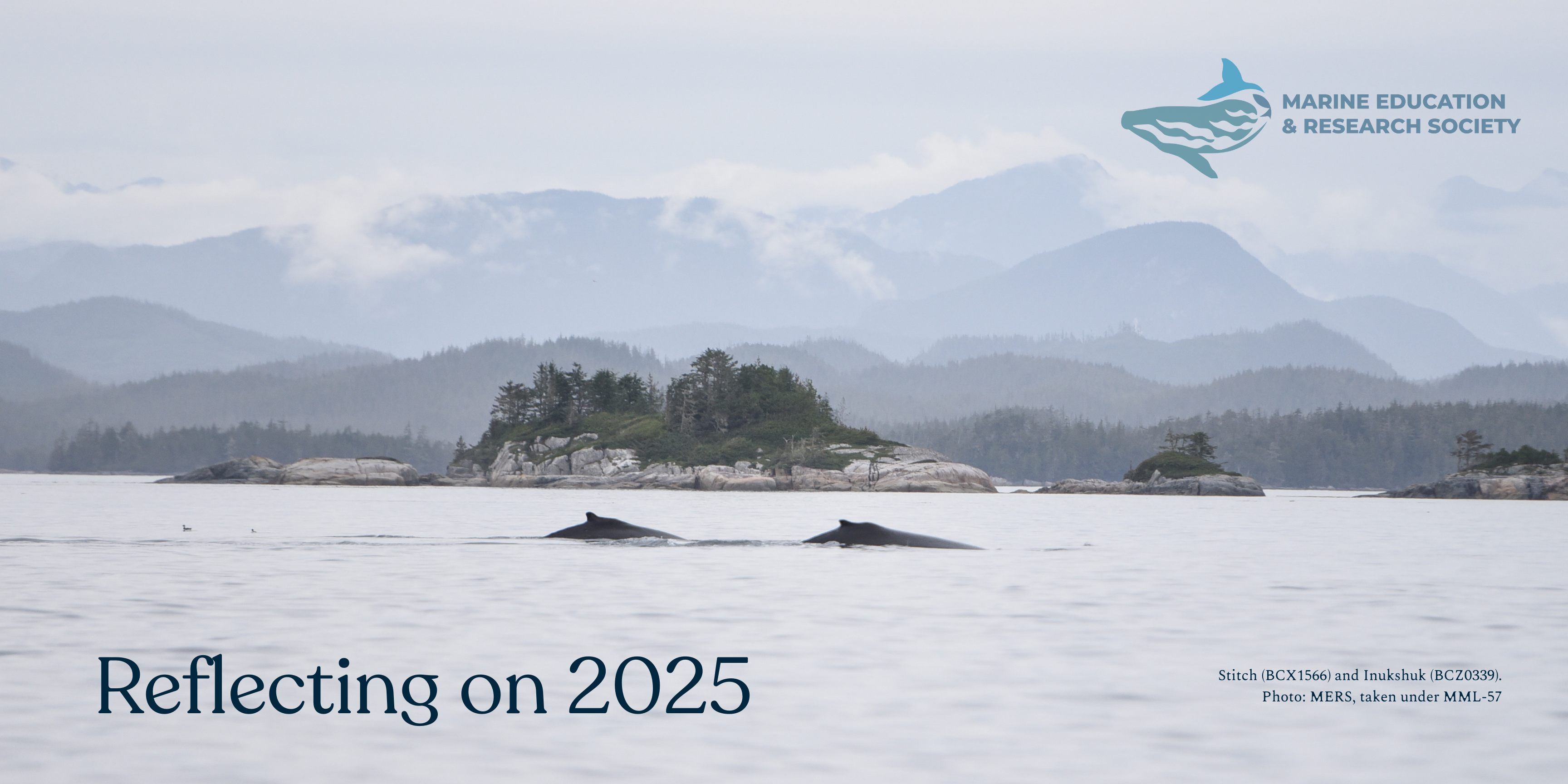The media plays a powerful role in marine mammal conservation. The imagery and text used can significantly influence:
- The understanding of laws and best practices for activities around marine mammals; and
- The attitudes, actions, and expectations of marine mammal viewing which can impact the well-being and safety of both marine mammals and people.
Recognizing the great importance of media and the challenges journalists and social media content creators face in ensuring accurate and ethical reporting, we recently held a “Media Matters” webinar.
The webinar recording, along with key points and resources, is provided below. The goal of this information is to serve as a resource for media allies to improve coverage, reduce misinformation, and prevent the spread of content that contributes to harmful – or even illegal – human activities around marine mammals.
Recording of the Media Matters Webinar
Summary of the Laws
Canada has laws in place that are relevant to boating and marine mammals.
1. Canada’s Marine Mammal Regulations – See the summary slides below.
2. Management Measures to Protect Southern Resident Killer Whales – These are updated annually. We will update the information provided here with the 2025 Measures once they are announced.
These laws are aimed at reducing threats to marine mammals and species at risk. They include distance limits, no go zones, laws prohibiting interaction, and that there is mandatory reporting of any accidental contact between a vessel or fishing gear and a marine mammal.
Understanding the spirit of these laws is extremely important. The motivation should be wanting to do what’s right for their own safety and the wellbeing of marine mammals. Many of BC’s marine mammals are at-risk and the threats they face are cumulative. Every time a boat gets too close, it adds to the cumulative noise, physical disturbance, and stress caused by previous violations. It also builds on the negative impacts of many other threats like not having enough food.
It is also essential to be aware of the Marine Mammal Incident Reporting Line. This is the place to report violations of the laws, collision, entanglement, stranding, and other incidents of concern such as dead or injured marine mammals.

Some Key Slides from the Webinar








Summary of Media Best Practices
- Report on laws and best practices and further information on the prevention of the threat if applicable e.g. collision and entanglement.
- Include where to report violations, collisions, entanglements, and other incidents of concern such as stranded, dead, or injured marine mammals – the Marine Mammal Incident Reporting Line
1-800-465-4336, DFO.ORR-ONS.MPO@dfo-mpo.gc.ca. - Use images taken outside minimum avoidance distances and otherwise taken legally.
- Include specifics on how imagery was captured e.g., taken from land, using a telephoto lens, with engines turned off, in compliance with legal avoidance distances, under a Marine Mammal License, etc.
- Do not use language that “okays” close encounters e.g., “the vessel was shut down when the whales approached”.
- Do not promote or sensationalize questionable or illegal activities.
- Promote the importance and value of sightings being relayed to research e.g. Ocean Wise Sightings Network and other projects.
Resources:
- List of organizations working on marine mammal conservation in British Columbia with contact information
- Summary of where to report sightings of marine megafauna in British Columbia (whales, dolphins, porpoises, sharks, and sea turtles)
- Canadian laws:
- Best practices
- See A Blow? Go Slow!
- Be Whale Wise
- For the Whales – Marine Mammal Viewing Best Practices – resource resulting from a collaboration between MERS, Tourism Vancouver Island / 4VI, and the North Island Marine Mammal Stewardship Association
- Free, online Whale-Safe Boating Course
- Ocean Wise Whale Report Alert System
- The law in Washington State regarding boating and Southern Resident Killer Whales




